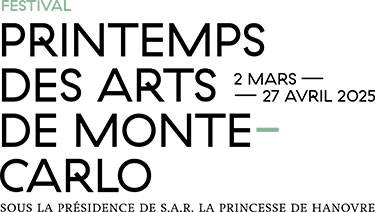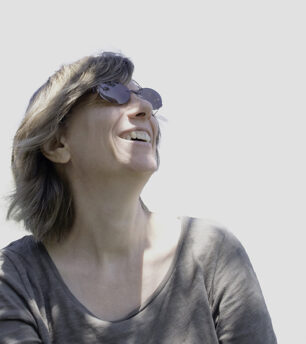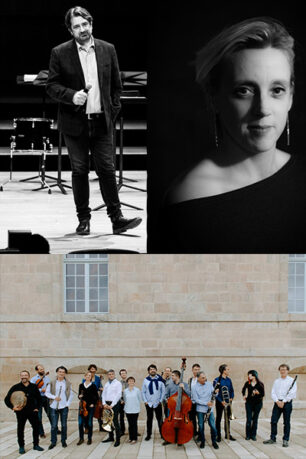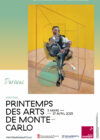If you take care of the Earth,
it will take care of you
(Aboriginal proverb)
The culture of Australian Aborigenes is based on Nature. A spiritual and harmonious relationship connects human beings, plants, animals stars and sacred places together.
The Creation and appearance of animal life have inspired countless myths. The Aborigenes entertain an elevated and complex conception of the world, even if versions differ from one communauty to the next.
In L’étoffe inépuisable du rêve (The Boundless Stuff of Dream), a Western artist is impressed by Aboriginal paintings of a dreamtime story of Creation from Central Australia. Once this genesis is over, the gods of the Milky Way are dazzled as they look at the Earth: they would never have thought that such beauty could exist. But when the artist wakes up, the Earth is not – no longer – like it was in his dream…
I discovered Aboriginal culture and dreamtime during a long stay in Australia in 1998. This encounter changed my life, my relationship with nature and my conception of music. Since then, I have considered essential to return to the very essence of musical art, to its fundamental purity.
The sounds of nature, then those of the planets and moons of our solar system, resulting from electromagnetic wave transformations of data captured by NASA probes, gradually became my main sources of inspiration. Breaths or sighs, stretched or swirling sounds, pulsations or vibrations, persistent or repeated motifs, strange or ethereal atmospheres, have been part of my work for many years.
L’étoffe inépuisable du rêve is a chamber opera in two acts. It is written for a mezzo-soprano singer, two male singers (one tenor, one baritone), an actor and a “classical” instrumental ensemble (flute, clarinet, string quartet and percussion), to which I have added a didgeridoo (or yidaki), the traditional instrument of the Aboriginal Australians. It is heard regularly in the artist’s dream (Act 1). In the return to reality (Act 2), it will be replaced by the jaw harp, a very different instrument but very similar in its interplay with harmonics.
In Act 1, the female singer and male singers, with the help of the instrumentalists, evoke the gods of legend who work at creating the world. Influenced by his own references, the artist dreams of a genesis in seven days…
In Act 2, which is divided into seven tableaux, the artist, suddenly awakened by the kookaburra, an Australian bird with a surprising song, embarks on a long journey. He wanders, observes and feels this planet, which is suffering and dying, but will be reborn… without us.
Sophie Lacaze
When Sophie Lacaze asked me to write the libretto for her chamber opera L’étoffe inépuisable du rêve, I hesitated for weeks. Far from my Western culture and my love of the French language, Sophie was inviting me to Australia (a country whose Sydney Opera House was the only thing I had seen upon a five-day visit) to encounter another culture, of the time of dreams – the core notion in the culture of the Aboriginal people.
Our two previous collaborations had been fruitful, resulting in L’art est le plus beau des mensonges and Het Lam Gods (or The Mystic Lamb, based on the Ghent Altarpiece by the Van Eyck brothers). It is always the text that inspires Sophie Lacaze’s compositions. Whether a sentence, a story, a dialogue or a poetic analysis of a painting – words feed her music. Since I had always been attracted to the visual arts, Aboriginal painting, that unique art of myth and colour, very slowly and surely led me to accept her proposal. I was fascinated!
After hours and hours of reading, of historical and geographical research from rare and specific documents on a culture that was foreign to me, the imaginary world of Aboriginal painters, their dotted paths of life and death, opened up the inner path of a new form of storytelling, starting from the genesis of a world to its anti-genesis – or almost.
In seven days and as many paintings, the dream took shape and I inhabited “another planet”. I got to know its gods, its luxuriant and wild nature, its traditional music, its marvelous birds, its blue mountains, its golden forests, its colors so out of this world – a natural world doomed to disappear if we don’t cherish it, even in our dreams.
I really heard that call.
Alain Carré




